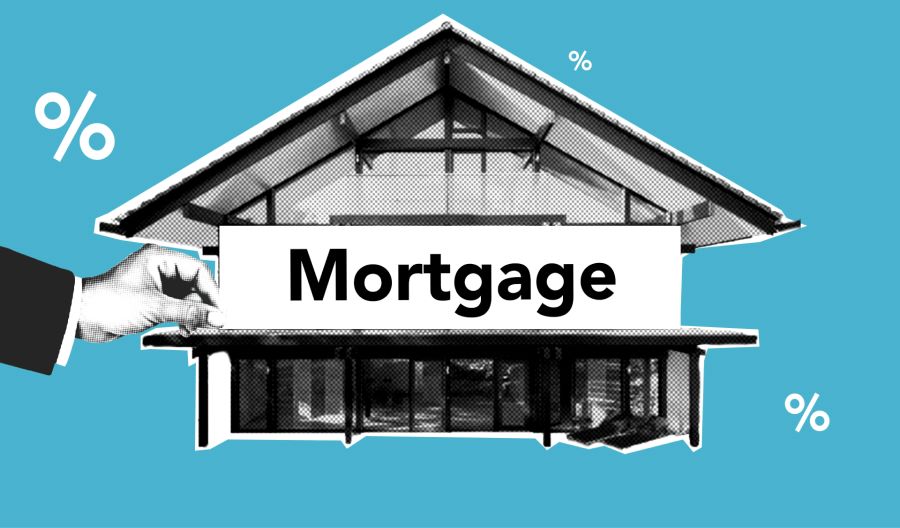In India, personal loans have become a popular financial tool for managing a variety of needs, from consolidating debt to funding major purchases. However, as a borrower, it is crucial to understand your rights to ensure fair treatment and to protect yourself from potential malpractices.
This guide outlines the key rights of personal loan borrowers in India, helping you navigate the lending process with confidence.
Apply for an instant personal loan with low interest rates and easy repayment options from Airtel Finance, via the Airtel Thanks app. Fewer documents, greater eligibility, seamless process, and more.
Right to Transparent Information
Loan Terms and Conditions
Borrowers have the right to receive clear and comprehensive information about the terms and conditions of the loan. This includes details about interest rates, fees, repayment schedules, and any other charges associated with the loan. Lenders must provide this information in writing before the loan agreement is signed, ensuring that borrowers can make informed decisions.
Annual Percentage Rate (APR)
The Annual Percentage Rate (APR) represents the true cost of borrowing, including interest rates and any additional fees. Borrowers have the right to know the APR of their loan, which allows for better comparison between different loan offers and helps in understanding the total cost of the loan.
Read more: Tips to get personal loans for self-employed
Right to Fair Treatment
Non-Discrimination
Lenders must adhere to non-discriminatory practices and cannot deny loans based on race, religion, gender, caste, or any other discriminatory factor. Decisions should be based solely on the borrower’s creditworthiness and financial standing.
Fair Debt Collection Practices
Borrowers have the right to fair and respectful treatment from lenders and their representatives. Debt collection practices must comply with regulations that prohibit harassment, threats, or abusive language. Borrowers should be treated with dignity and respect throughout the loan term and especially during the repayment phase.
Read more: Minimum salary needed to get a personal loan
Right to Privacy
Confidentiality of Information
Borrowers’ personal and financial information must be kept confidential and should only be used for purposes directly related to the loan. Lenders are required to protect borrowers’ data and cannot share it with third parties without explicit consent, except in cases mandated by law.
Right to Review and Correct Information
Borrowers have the right to access their personal information held by the lender and request corrections if there are inaccuracies. This ensures that any discrepancies in the borrower’s data can be rectified, protecting the borrower’s creditworthiness and overall financial health.
Read more: How to choose the best personal loan lender?
Right to Early Repayment
Prepayment of Loan
Borrowers have the right to repay their loan before the end of the loan term. This is known as prepayment or foreclosure. While some lenders may charge a prepayment penalty, borrowers should be informed of this charge upfront. Prepaying a loan can save money on interest and help in becoming debt-free sooner.
Transparent Prepayment Terms
If a borrower chooses to prepay the loan, the terms should be transparent and clearly stated in the loan agreement. Borrowers should understand any penalties or charges that may apply and the process for making early repayments.
Read more: All about personal loan part prepayment
Right to Receive Loan Documents
Loan Agreement Copy
Upon approval and disbursement of the loan, borrowers have the right to receive a copy of the loan agreement. This document should include all the terms and conditions agreed upon and serve as a reference throughout the loan term.
Statement of Account
Borrowers have the right to receive periodic statements of their loan account, detailing the outstanding balance, payments made, interest charged, and any fees applied. This helps borrowers keep track of their loan status and manage their finances effectively.
Frequently Asked Questions (FAQs)
1. What should I do if I face harassment from debt collectors?
If you face harassment from debt collectors, document the incidents and report them to the lender’s grievance redressal cell. If the issue is not resolved, you can escalate the complaint to the Banking Ombudsman or the Reserve Bank of India (RBI).
2. Can a lender change the terms of my loan agreement after disbursement?
No, lenders cannot unilaterally change the terms of your loan agreement after disbursement. Any changes to the loan terms must be mutually agreed upon by both the borrower and the lender.
3. What information should be included in the loan agreement?
The loan agreement should include the loan amount, interest rate, repayment schedule, fees, penalties, terms and conditions for prepayment, and any other charges. It should also outline the borrower’s and lender’s rights and obligations.
4. Can I get a refund for prepayment penalties?
Prepayment penalties are typically non-refundable. However, borrowers should review their loan agreement for any clauses related to prepayment penalties and discuss with the lender if they believe the penalty is unjustified.
5. How can I ensure my personal information is protected?
To ensure your personal information is protected, verify that your lender follows data protection regulations and uses secure methods for data storage and transmission. Additionally, avoid sharing sensitive information over unsecured channels and regularly monitor your credit report for any discrepancies.
6. What should I do if my loan application is denied?
If your loan application is denied, request an explanation from the lender. Understanding the reasons for denial can help you address any issues, such as improving your credit score or providing additional documentation, before reapplying.
7. Is there a limit to the prepayment penalty a lender can charge?
The Reserve Bank of India (RBI) has guidelines to ensure that prepayment penalties are reasonable. Check with your lender and review the RBI guidelines to ensure that any prepayment penalties charged are in compliance with regulatory standards.
Understanding your rights as a personal loan borrower in India is essential for protecting yourself from unfair practices and ensuring a positive borrowing experience. Always read your loan agreement carefully, stay informed about your lender’s policies, and don’t hesitate to exercise your rights to achieve financial security and well-being.



